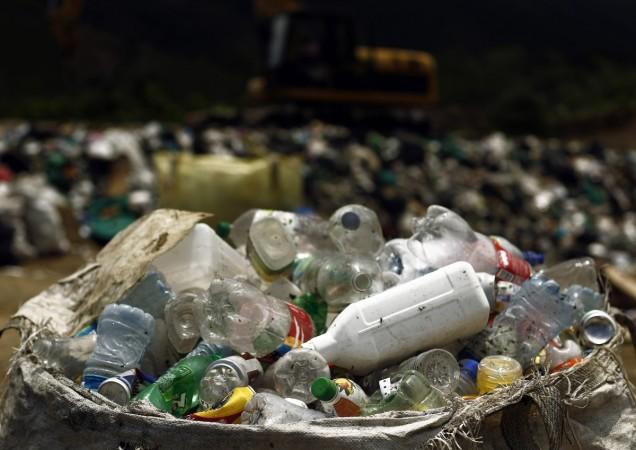The amount of plastic in the world's oceans will triple by 2025 compared to 2015 levels if plastic pollution continues unabated, a major UK government report has warned.
The UK's Government Office for Science said over 70 per cent of all litter that ends up in oceans is plastic, which does not decompose naturally and instead breaks down into ever smaller pieces.
There is extensive evidence to suggest that ingestion of micro plastics can cause injury and death to a wide range of marine animals, including commercially important fish and shellfish.
The report called on the UK government to devise new methods to prevent plastic litter from entering the sea.
More than 8 billion metric tons of plastic have been produced globally since the 1950s.
The report warned that other types of pollution, including pharmaceuticals in sewage and agricultural runoff posed an even bigger threat to the health of marine organisms.
"Chemical pollution is an ongoing issue, as pollutants can persist in the oceans for decades after their use is restricted," it said.
"The list of chemicals deemed to be persistent organic pollutants continues to grow."
These threats compound the ongoing challenge posed by climate change, which is expected to warm the oceans by at least 1.2C on average by the end of the current century.

Ocean warming has been linked with coral bleaching, species migration and decline in cold-water species.
"Climate change and other human activities will compound declining fish stocks, coastal infrastructure, and other economic activities that rely on a healthy and resilient marine environment," the UK body said.
The report also predicted a doubling in the size of the global ocean economy to $3tn by 2030, powered by growth in sectors such as offshore wind and deep sea mining.
"The marine environment is facing unprecedented change as a result of direct human activity and climate change," it said.
"Based on current projections, these challenges will have major implications for global biodiversity, infrastructure, human health and wellbeing and the productivity of the marine economy."

















